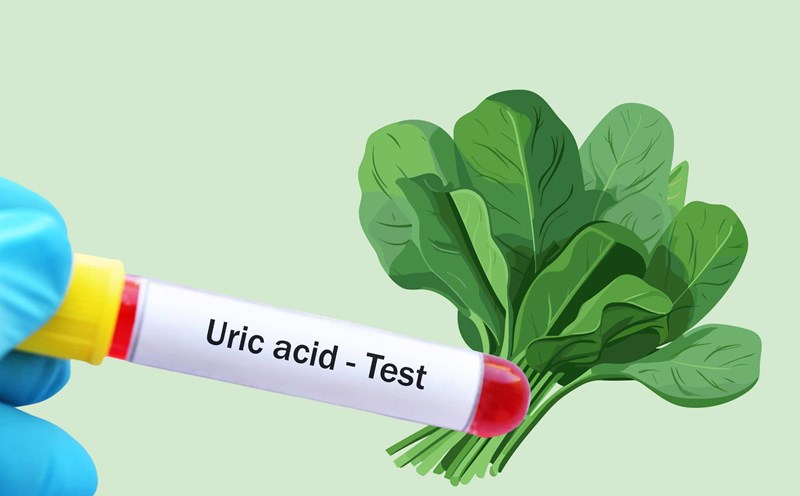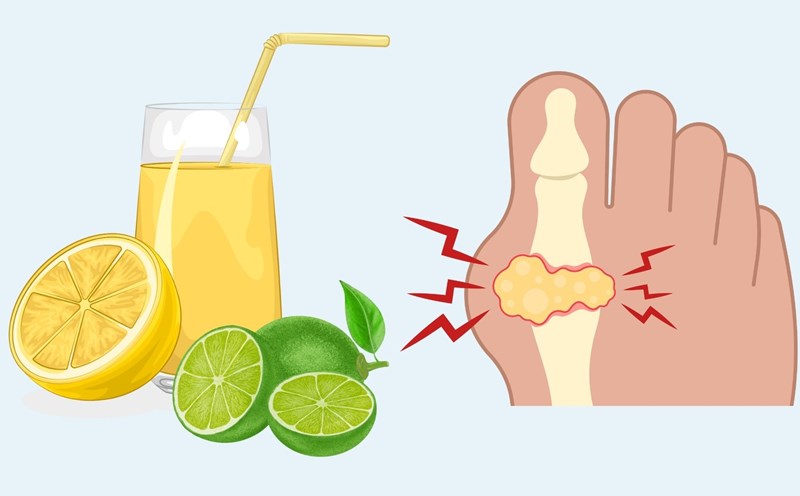High uric acid in the blood is a direct cause of gout and many other dangerous complications. In addition to diet and medication, recent international studies show that Vitamin C can help the body reduce the risk of uric acid accumulation.
According to a published in the American Journal of Clinical Nutrition, people who supplemented 500 mg of Vitamin C per day for 2 months recorded reduced uric acid levels in the blood compared to the control group. The mechanism is explained as vitamin C has the ability to increase uric acid excretion through the kidneys, while limiting the production of uric in the body.
Another analysis published in Nutrition & Metabolism also shows that people with a diet rich in vitamin C are less likely to develop gout. Although the results between studies are not completely consistent, the general trend shows that this vitamin plays a positive support role.
Health experts note that vitamin C is abundant in fruits such as oranges, lemons, kiwis, strawberries and green vegetables. However, supplementation should be at the recommended level (about 7590 mg/day for adults). If you want to take a higher dose, for example 500 mg per day to help control uric acid, you should consult a doctor to avoid side effects such as diarrhea or increased risk of kidney stones.
Thus, Vitamin C is not a "gout treatment" but can be considered an effective support tool in preventing and controlling uric acid levels, when combined with a healthy diet and a scientific lifestyle.











